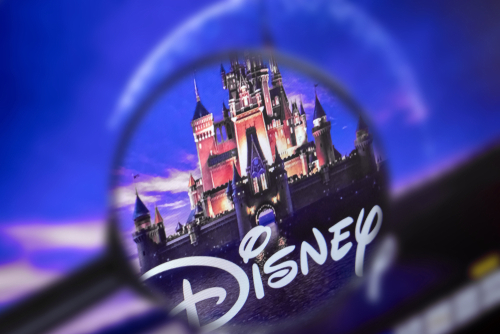
In a landmark decision on February 1st, 2024, a federal judge ruled against the Walt Disney Company, striking down its lawsuit aimed at challenging the authority of a new board established by Florida Governor Ron DeSantis. The entertainment behemoth had taken legal action in an attempt to prevent the newly appointed Central Florida Tourism Oversight District from exerting control over the land surrounding its theme parks.
Disney’s argument hinged on the claim that the establishment of the oversight board was a retaliatory measure by Governor DeSantis, infringing upon the company’s First Amendment rights. This legal battle ensued after Disney publicly opposed several pieces of legislation in Florida, which they believed were punitive and jeopardized their business operations and constitutional freedoms.
DeSantis took on Disney over perverted materials and curriculum in our elementary schools. And despite what all the haters said, even those within the GOP, he steadily went to work, kept at it, and he won. And so did WE, the parents of Florida kids. pic.twitter.com/ggFWeHhn54
— Josh Power 🇺🇸 (@JoshPower80) January 31, 2024
However, Judge Allen Winsor, who presides over the U.S. District Court for the Northern District of Florida in Tallahassee, dismissed these claims. Appointed in 2019 by former President Donald Trump, Judge Winsor found that Disney lacked the standing to sue the Governor or the Secretary and that the claims against the defendants failed on their merits. He emphasized that when a statute is facially constitutional, plaintiffs cannot challenge it based on the lawmakers’ alleged motives.
The ruling acknowledged that while the creation of the new board was disadvantageous for Disney, the company failed to demonstrate any specific actions taken by the board due to the Governor’s influence that would constitute harm. Furthermore, the court noted that Disney did not provide evidence of any imminent future appointments that would contribute to its alleged injury.
🚨NEW🚨 Disney just lost their Federal case against Ron DeSantis.
It’s refreshing to see that the future of the Republican Party actually wins his cases. pic.twitter.com/PyhjBMgI19
— Dustin Grage 🇺🇸 (@GrageDustin) January 31, 2024
In his decision, Judge Winsor pointed out that the Florida legislature has the authority to determine the structure of the state’s special improvement districts. He stated that the laws in question do not explicitly single out Disney and that other landowners within the district are equally affected by the same legislation.
Responding to the court’s decision, a spokesperson for Governor DeSantis expressed vindication, stating that the era of Disney controlling its government and being above the law is over. The spokesperson reiterated that Disney is one among many corporations in the state and does not possess the right to a special government.
Despite the setback, a representative from Disney indicated that the company plans to appeal the ruling. They argued that if the decision stands unchallenged, it could set a dangerous precedent, allowing states to misuse their powers to suppress political expressions they disagree with. Disney remains determined to continue its legal fight, emphasizing the case’s significance for the rule of law.
This court ruling marks a significant moment in the ongoing tension between corporate giants and state governance. It underscores the judiciary’s role in interpreting the balance between business interests and legislative authority, a topic that will undoubtedly continue to be at the forefront of public discourse.










